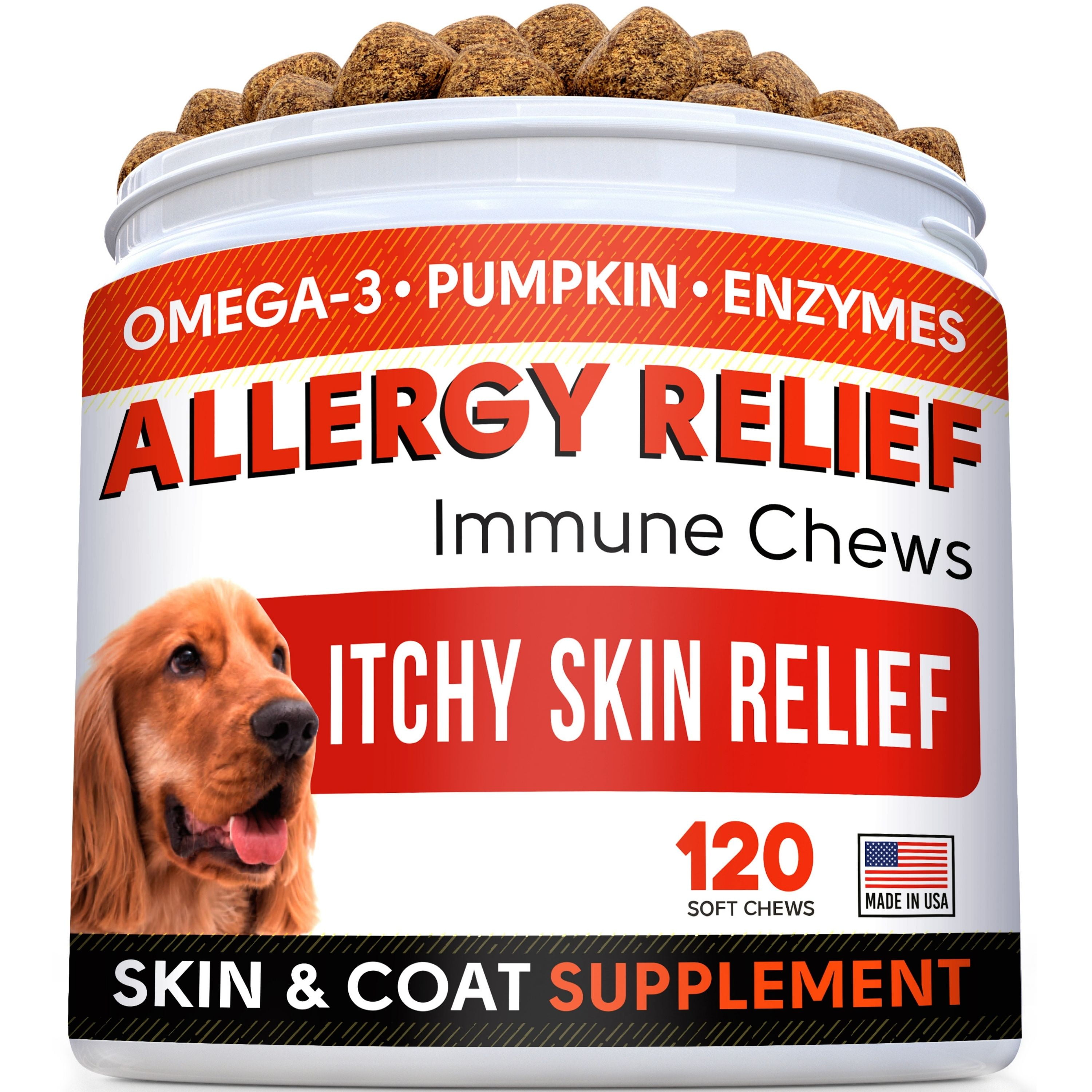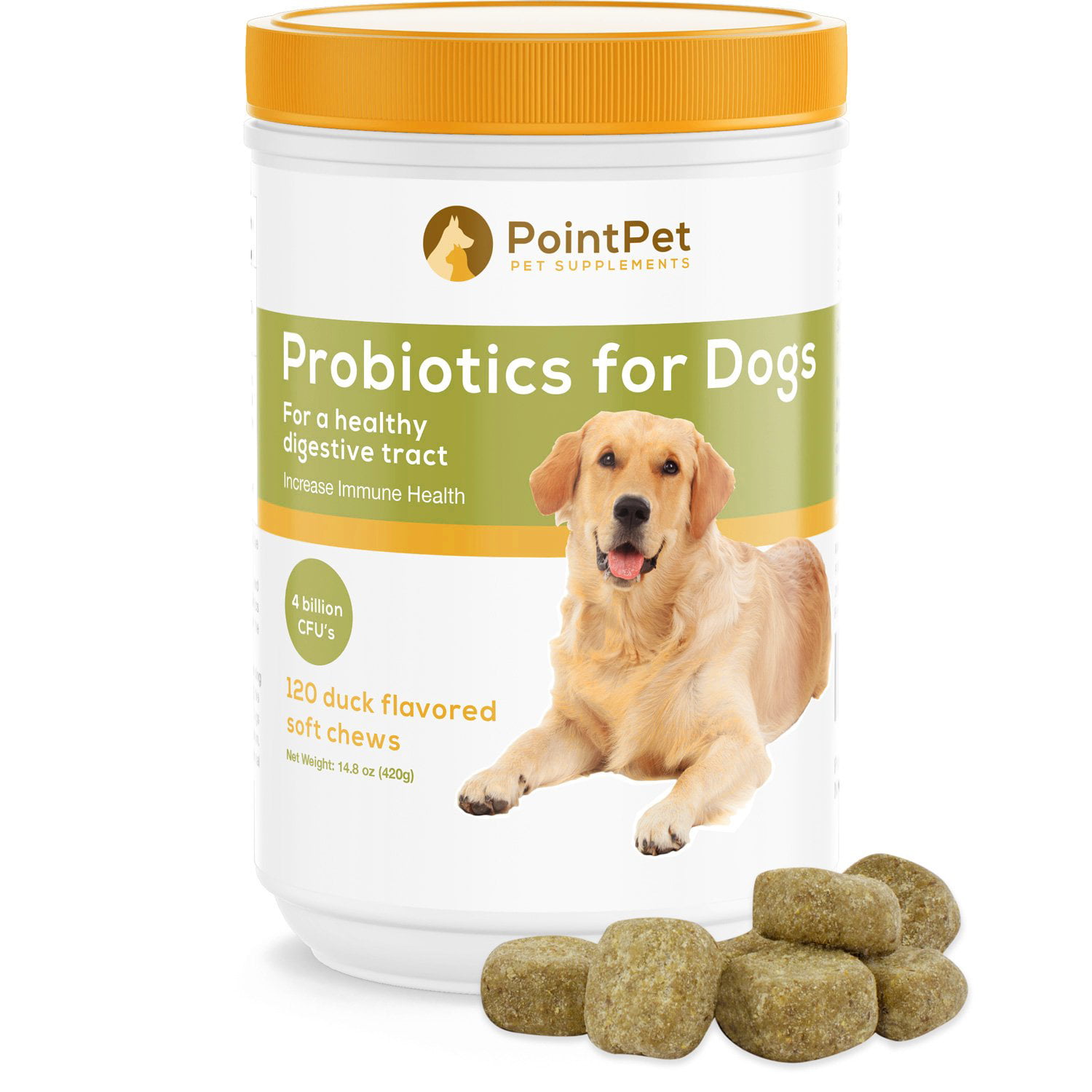
Natural Dog Food for Itchy Skin: Soothing Your Pup From the Inside Out
Watching your dog constantly scratch, lick, or bite at their skin is heartbreaking. Itchy skin, medically known as pruritus, is a common ailment in dogs, stemming from a variety of causes. While veterinary care is crucial for diagnosing the root problem, often, the solution lies, at least partially, in what your dog eats. Transitioning to a natural dog food formulated for sensitive skin can make a world of difference, providing relief and promoting overall skin and coat health. This article will delve into the reasons behind itchy skin in dogs, the benefits of natural dog food, key ingredients to look for, and practical tips for making the switch.
Understanding the Root of the Itch: Common Causes of Pruritus in Dogs
Before diving into dietary solutions, it’s essential to understand the potential culprits behind your dog’s itchy skin. Several factors can contribute, and often, it’s a combination of issues:
-
Food Allergies: This is a primary reason why many owners consider changing their dog’s diet. Food allergies occur when the immune system mistakenly identifies a protein or carbohydrate in the food as a threat. Common allergens include beef, chicken, dairy, wheat, soy, and corn. These allergies manifest as skin irritation, itching, hot spots, ear infections, and gastrointestinal upset.
-
Environmental Allergies (Atopy): Just like humans, dogs can be allergic to environmental allergens like pollen, dust mites, mold spores, and grasses. These allergens can cause widespread itching, especially on the paws, belly, and face.
-
Flea Allergy Dermatitis (FAD): A single flea bite can trigger an intense allergic reaction in sensitive dogs. The flea’s saliva contains allergens that cause severe itching, redness, and hair loss, primarily around the base of the tail.
-
Skin Infections: Bacterial or fungal infections can exacerbate itching. These infections often occur secondary to allergies or other skin conditions that compromise the skin’s natural barrier.
-
Parasites: Mites (like those causing mange) and lice can cause intense itching and skin irritation.
-
Dry Skin: Dry air, especially during winter months, can strip the skin of its natural oils, leading to dryness and itching.
-
Underlying Medical Conditions: In rare cases, itchy skin can be a symptom of an underlying medical condition, such as hypothyroidism or Cushing’s disease.
The Power of Natural Dog Food: Why It Matters for Sensitive Skin
Natural dog food differs significantly from conventional kibble. It prioritizes whole, unprocessed ingredients, minimizing artificial additives, fillers, and common allergens that can trigger or worsen skin issues. Here’s why choosing a natural diet is beneficial for dogs with itchy skin:
-
Reduced Allergen Exposure: Natural dog foods often use limited-ingredient formulas, focusing on a single protein source and a few easily digestible carbohydrates. This makes it easier to identify and eliminate potential allergens from your dog’s diet.
-
Higher Quality Ingredients: Natural dog foods typically use higher-quality protein sources, such as novel proteins like salmon, duck, or venison. These proteins are less likely to cause allergic reactions compared to common proteins like beef and chicken.
-
No Artificial Additives: Many conventional dog foods contain artificial colors, flavors, and preservatives, which can irritate sensitive skin. Natural dog foods avoid these additives, relying on natural preservatives like vitamin E and rosemary extract.
-
Improved Digestibility: Natural dog foods often contain ingredients that are easier for dogs to digest, reducing the likelihood of gastrointestinal upset, which can sometimes manifest as skin problems.
-
Essential Fatty Acids: Many natural dog foods are rich in omega-3 and omega-6 fatty acids, which are crucial for maintaining healthy skin and a shiny coat. These fatty acids help reduce inflammation and improve the skin’s barrier function.
Key Ingredients to Look for in Natural Dog Food for Itchy Skin:
When selecting a natural dog food for your itchy companion, pay close attention to the ingredient list. Here are some key ingredients to prioritize:
-
Novel Protein Sources: Opt for proteins your dog hasn’t been exposed to before, such as salmon, duck, lamb, venison, rabbit, or fish. These proteins are less likely to trigger an allergic reaction.
-
Limited Ingredients: Look for formulas with a limited number of ingredients. The fewer ingredients, the easier it is to identify potential allergens.
-
Omega-3 Fatty Acids: Look for ingredients like fish oil, flaxseed, or algae oil, which are excellent sources of omega-3 fatty acids. These fatty acids help reduce inflammation and improve skin health. EPA and DHA are the most beneficial types of omega-3 for skin health.
-
Omega-6 Fatty Acids: Linoleic acid (LA) is an essential omega-6 fatty acid that supports the skin barrier. Sources include sunflower oil, safflower oil, and chicken fat (if your dog isn’t allergic to chicken).
-
Prebiotics and Probiotics: These beneficial bacteria support gut health, which plays a crucial role in overall health, including skin health. Look for ingredients like chicory root, inulin, or added probiotic strains.
-
Antioxidants: Antioxidants like vitamin E, vitamin C, and beta-carotene help protect skin cells from damage caused by free radicals. Look for ingredients like blueberries, cranberries, and spinach.
-
Easily Digestible Carbohydrates: Choose carbohydrate sources that are easily digestible and less likely to cause allergic reactions, such as sweet potatoes, brown rice (if tolerated), or quinoa. Avoid corn, wheat, and soy.
Ingredients to Avoid:
Certain ingredients are more likely to trigger allergic reactions or skin sensitivities in dogs. Avoid dog foods containing the following:
- Beef
- Chicken
- Dairy
- Wheat
- Soy
- Corn
- Artificial Colors, Flavors, and Preservatives
- BHA/BHT
- Ethoxyquin
Making the Switch: A Gradual Transition is Key
When transitioning your dog to a new diet, it’s crucial to do so gradually to avoid digestive upset. Follow these steps:
-
Start Slowly: Begin by mixing a small amount (around 25%) of the new food with your dog’s current food.
-
Gradually Increase: Over the next 7-10 days, gradually increase the amount of new food while decreasing the amount of old food.
-
Monitor Your Dog: Pay close attention to your dog’s stool consistency and overall behavior. If you notice any signs of digestive upset, such as diarrhea or vomiting, slow down the transition.
-
Full Transition: By day 7-10, your dog should be fully transitioned to the new food.
Beyond Diet: Holistic Approaches to Managing Itchy Skin
While diet is crucial, it’s often just one piece of the puzzle. Consider these additional strategies to manage your dog’s itchy skin:
- Regular Veterinary Care: Consult with your veterinarian to rule out underlying medical conditions and develop a comprehensive treatment plan.
- Flea and Tick Prevention: Use a veterinarian-recommended flea and tick preventative year-round.
- Regular Bathing: Bathe your dog regularly with a hypoallergenic shampoo to remove allergens and soothe irritated skin. Avoid over-bathing, as this can dry out the skin.
- Omega-3 Supplements: Consider adding an omega-3 supplement to your dog’s diet, even if their food is already fortified.
- Allergy Testing: If you suspect allergies, consider allergy testing to identify specific allergens to avoid.
- Topical Treatments: Your veterinarian may recommend topical treatments, such as medicated shampoos, creams, or sprays, to relieve itching and inflammation.
- Air Purifier: Using an air purifier can help remove allergens from the air, especially if your dog has environmental allergies.
- Minimize Irritants: Avoid using harsh chemicals or fragrances around your dog. Use fragrance-free laundry detergent and cleaning products.
Patience and Persistence are Key
Finding the right diet and management plan for a dog with itchy skin can take time and patience. Don’t get discouraged if you don’t see results immediately. It can take several weeks or even months to see a significant improvement. Work closely with your veterinarian, be consistent with your chosen approach, and remember that your dog’s comfort and well-being are the ultimate goals. By taking a holistic approach that includes a natural diet, proper veterinary care, and environmental management, you can help your furry friend find relief from itchy skin and enjoy a happier, healthier life. Remember to always consult with your veterinarian before making significant changes to your dog’s diet or treatment plan.

